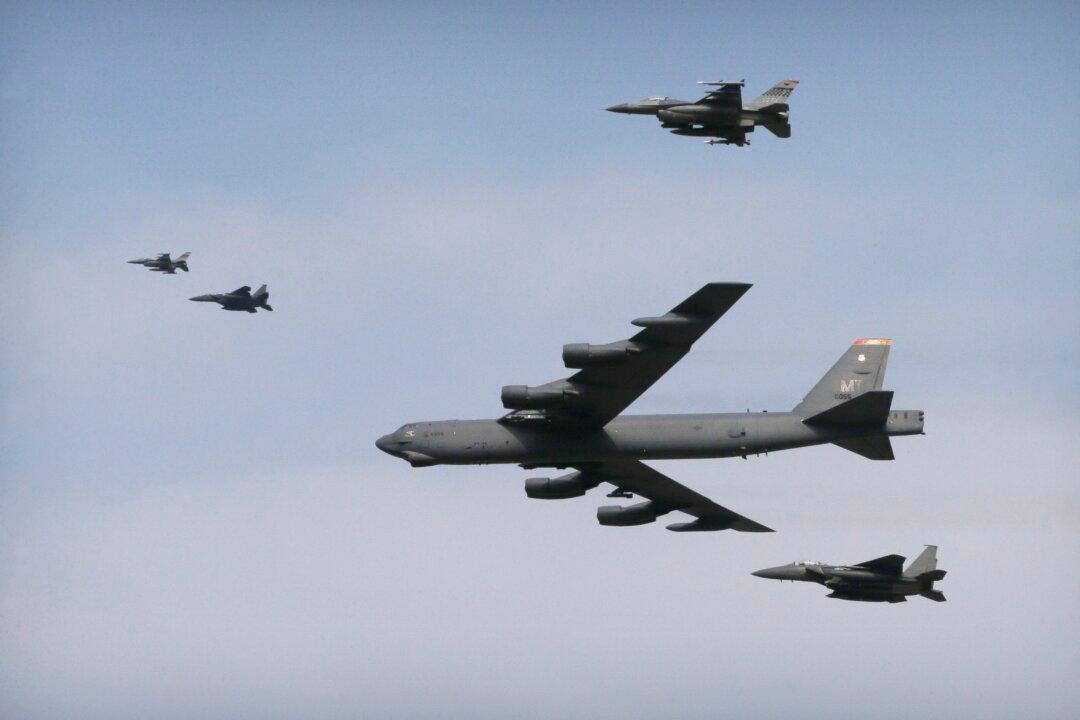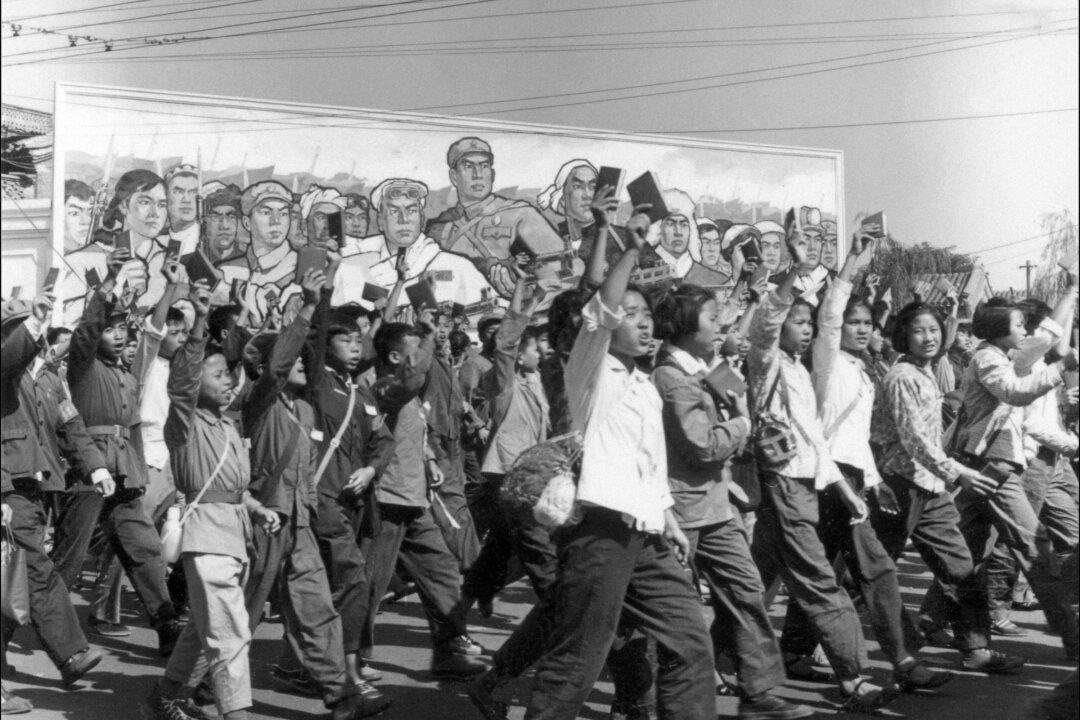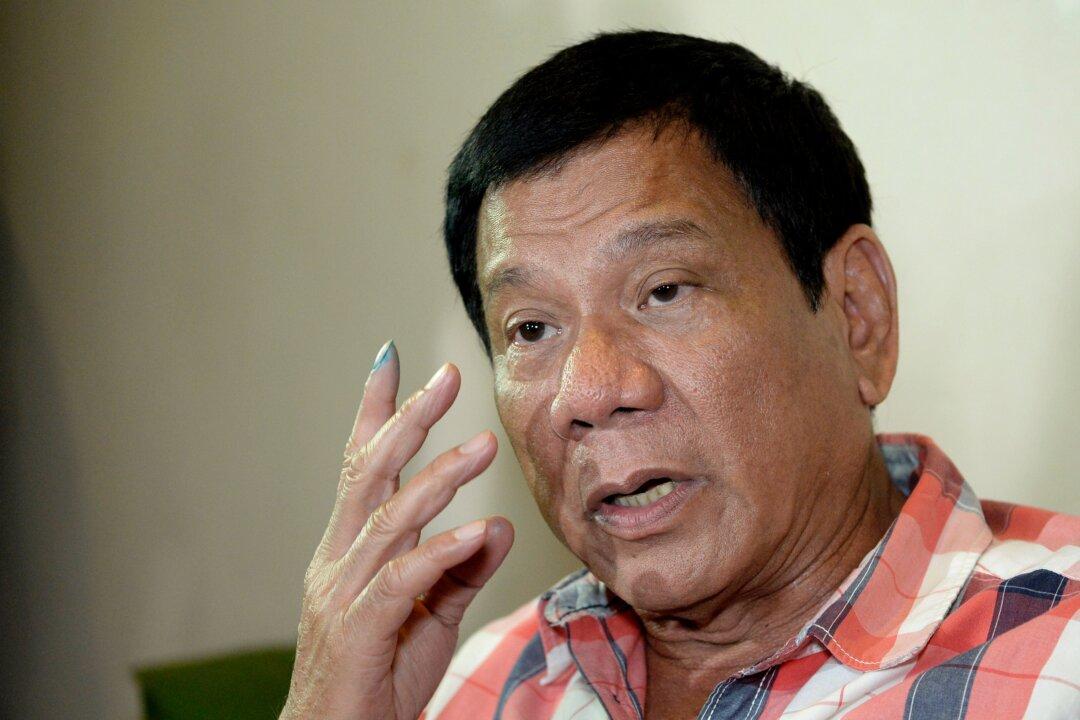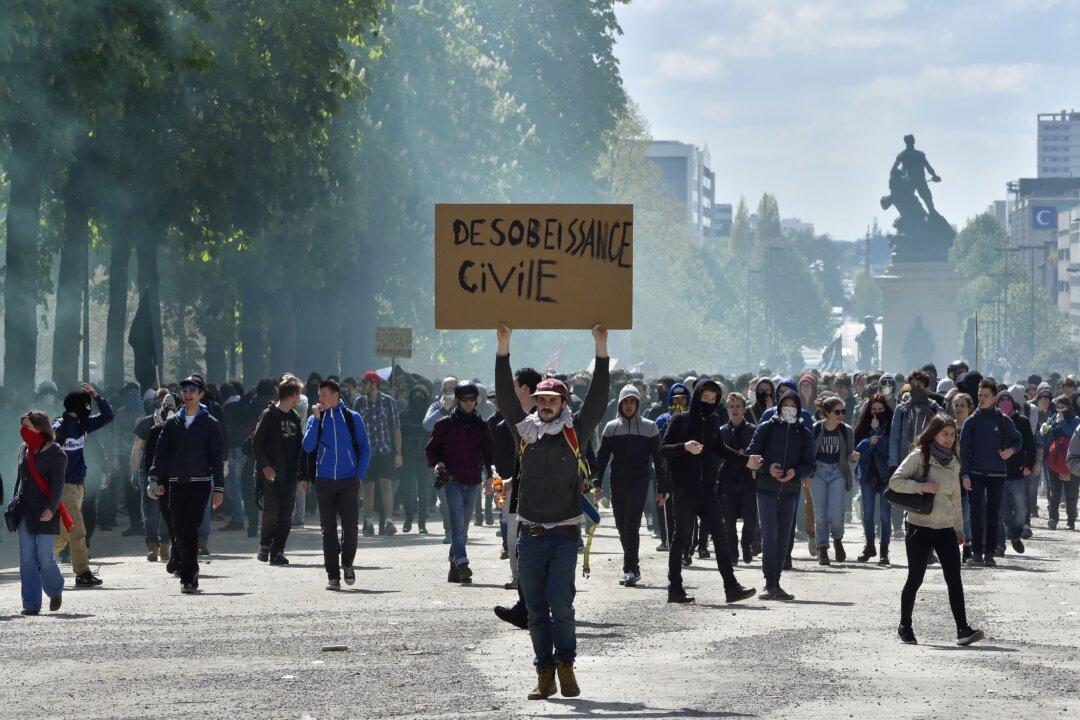The Democratic People’s Republic of Korea is a bit of a pain. Its leader, the remarkably youthful Kim Jong-un, is a caricature of tin-pot despotism. While we may be fortunate enough to find some of his antics amusing, it’s unlikely the poor downtrodden North Koreans see the funny side. To do so would be to risk winding up in a concentration camp or worse.
There is, in short, nothing good to be said about this latest incarnation of a family dynasty that has dominated the North since its establishment in 1948 at the height of the Cold War. So bad has the Kim dynasty’s rule been, in fact, that it is believed that North Koreans are on average up to three inches shorter than their cousins in the South.
While this may be a wonderful case study for students of comparative politics and economic development, it’s been a nightmare for the North Koreans, and one which they are seemingly incapable of doing anything about.




